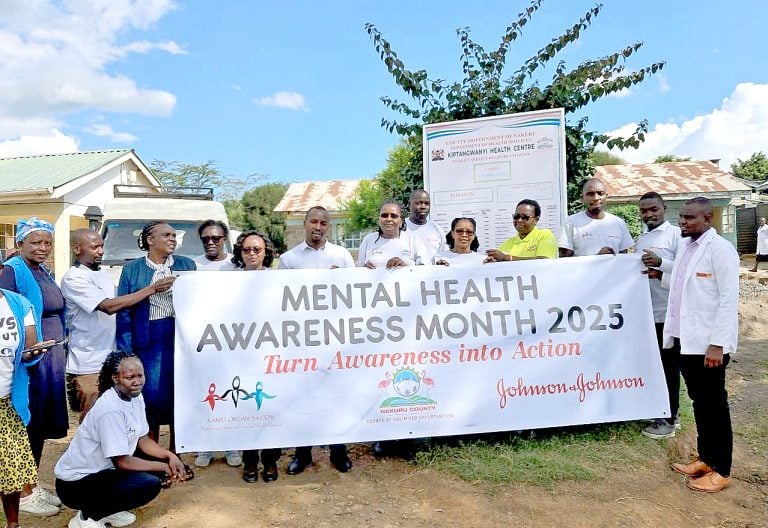How alcohol impacts absorption of nutrients
By People.Reporter, April 25, 2022A glass of wine or two is a not a big deal, but once alcohol consumption becomes a routine or greater than four or five times a week, clinical symptoms and nutritional deficiencies may occur. Alcohol is a psychoactive substance produced through the fermentation and distillation of natural sugars and starches. It affects mood, mental health and if abused or consumed in excess it interferes with absorption and utilisation of various nutrients in the body.
Alcohol interferes with brain’s communication pathways, makes the brain unable to learn new information and affects memory. It also causes liver inflammation and damage, makes the pancreatic vessels swell preventing proper digestion and weakens the immune system making the body an easy target for diseases, such as Pneumonia and Tuberculosis. Additionally, some types of cancer like Liver, Colorectal and Esophageal cancer have been linked to excessive alcohol consumption.
Alcoholics frequently experience deficiencies in essential nutrients, such as Carbohydrates, Proteins and Vitamins. As a result, they suffer from malnutrition, which can present itself in two forms; primary malnutrition, which occurs when alcohol replaces other nutrients in the diet and results in reduced nutrient intake or as secondary malnutrition where one consumes adequate nutrition, but alcohol interferes with the absorption of the nutrients in the intestines. More so, severe malnutrition occurs in alcoholics who are hospitalised for medical complications of alcoholism and is normally accompanied by a significant reduction of muscle mass and weight loss.
The main nutrients mostly affected by alcohol consumption are the Amino Acids, the B complex Vitamins, Vitamin A and C, Magnesium, Calcium, Manganese, Zinc, Iron, Chromium, Potassium and Omega 3. Alcohol decreases the production Albumin, a protein found in blood, which may lead to accumulation of fluid in the abdomen and bloating. It also triggers depression, anxiety, cardiac and neurological disorders, increases fatigue and affects neurotransmitters as a result of Vitamin and mineral deficiencies.
Therefore, to prevent the effects of alcohol on the body, it is advisable to reduce alcohol consumption, eat healthy, avoid high sugar and fat foods, eat a wide range if fruits and vegetables, avoid caffeine and any sources of nicotine, drink plenty of water to flush out toxins from your body and take at least three meals a day.
More Articles

